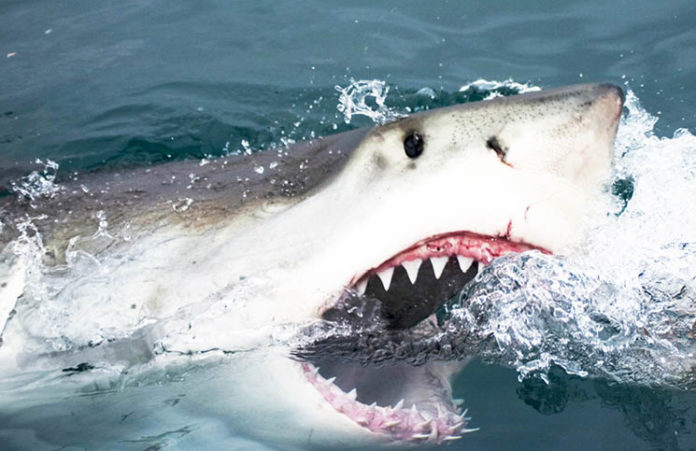
After 15 years of using trained observers (spotters) to successfully reduce the risk of shark bites in Cape Town, the Shark Spotters programme is launching a new research project aimed at creating an automated shark spotting system that will enhance their pioneering sustainable shark safety service.
The Shark Spotters, the Institute for Communities and Wildlife in Africa at the University of Cape Town, and PatternLab SaRL, a research and development company specialising in data science and computer-aided vision from Switzerland, have launched a project aimed at developing a low-cost computer-aided vision automatic shark detection algorithm to be used on fixed cameras above Cape Town’s beaches.
The Shark Spotters programme, funded by the City of Cape Town and the Save Our Seas Foundation, has significantly improved water user safety at its operating beaches in Cape Town, recording over 2 500 shark sightings since its inception in 2004.
The development of the automated shark spotting system will build upon this strong foundation and help to overcome some of the limitations the programme currently experiences including the need for natural elevation (mountains) and the potential for human fatigue and error.
Field work for the project has begun on Fish Hoek beach and involves collecting footage of sharks for analysis and development of the cutting-edge detection algorithm software. While footage of live sharks is collected where possible, a decoy shark is also being used due to the sporadic and unreliable nature of shark sightings. Environmental and experimental variables are recorded during the data collection in order to assess their impact on the ability of the software to detect sharks, and to compare results to the effectiveness of the current human-based spotting system in place. The automated system will not replace the spotters employed in Cape Town, but rather assist them with more reliable and accurate shark detection.
The research project will run for a total of 18 months after which it is anticipated an effective automated shark spotting system will have been developed for use in Cape Town and beyond.

